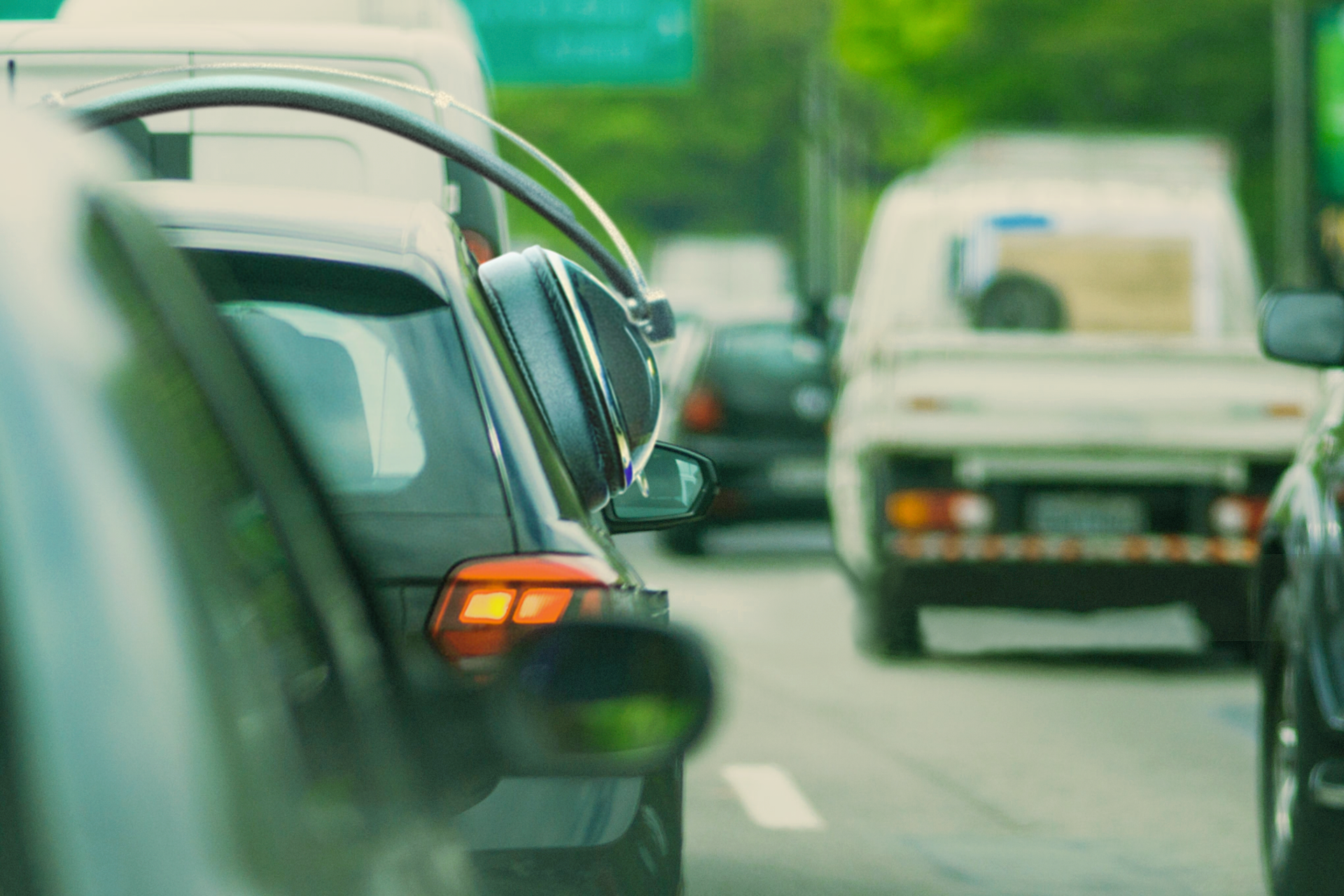Why are auto insurance rates rising?
January 21, 2025
It can feel like everything from gas to eggs is becoming more expensive these days. Unfortunately, car insurance is no exception. Various factors can influence your car insurance rates at renewal or when you update your policy. Keep reading to learn about what might cause your car insurance premiums to rise.
Insurance prices can change based on things you don’t control
Overall increase in claims can lead to higher rates
Insurance is actually a simple concept to understand. A group of people pool their money so that if a covered loss occurs to any member, they have protection. The unpredictable nature of car accidents and repair costs means sometimes you might pay more into the pool than you get out, and other times you withdraw more than you've contributed.
Insurance companies increase rates to ensure there's enough money in the pool when you need it. It’s important to remember that with most insurers, in order to remain sustainable and provide you with a competitive, variable-rate opportunity, they may need to adjust rates as the cost of doing business increases along with a rise in claims costs.
Fraud can increase car insurance rate
It’s a bummer, but
fraud happens. Fraud includes actions like exaggerating the severity of damage to a vehicle or bodily injuries. This may lead to the insurance company paying out more claims than it has collected in premiums, which can result in a price increase for everyone. In fraud cases, a few bad apples can indeed spoil the barrel.Repairing new tech can be expensive
Shiny new vehicles loaded with smart technology are more expensive to repair—and therefore—insure. Examples of complex car components include features like:
Back-up cameras
Built-in navigation
Distance sensors
Electric motors
Infotainment systems
Replacement parts can be expensive to purchase and might sometimes require specially trained mechanics to install. As these features have become more common in newer vehicles, their related expenses have increased.
Economic factors can influence car insurance prices
A rise in gas prices, labor costs, or the soaring cost of manufactured goods (even car parts) can cause insurance premiums to rise—which is why during economic changes it’s a good idea to refer back to your policy to ensure adequate coverage.
While it might be tempting to remove or reduce your coverage to save money, you'll also want to consider whether the coverages you choose for your policy help provide the protection you need in the event of an accident.
Like many insurers, HiRoad uses a combination of factors to determine your car insurance rate. Some will be outside your control (see above) and some are in your control (read on).
Insurance prices can change based on things you control
Your choice of car
Many factors can affect car insurance rates based on vehicle-rating factors. These include the type of car, truck, or SUV you drive along with its age, make, model, likelihood of theft, and safety rating.
When you’re choosing to purchase a vehicle, make sure you spend some time researching potential car insurance rates. You might find a different vehicle fits better into your overall financial goals.
Your choice of coverage
The price of your auto insurance might change as you require more (or less) coverage. Adding or reducing coverages can affect your rates depending on your specific needs.
If you have a one-driver policy and commute with an old beater car, you might skip full coverage (with collision). If you have relatives or friends in your household who also drive your car, you could add them to your policy.
If you're trading in an older car for a newer financed vehicle and adding Comprehensive and Collision coverage to your policy, you should consider adding Rental Reimbursement coverage.
In the event your car is in the shop for repairs from a covered claim and you really need a rental to get around, you would be able to rely on your previously added coverage.
Your home address
Moving can also be a rate-change factor. Zip codes with instances of high vandalism or high frequency of accidents are greater risk factors for drivers. However, you might also move to a new neighborhood and see your rate decrease.
Your history of incidents
This is kind of a no-brainer, but at-fault accidents and traffic violations that occur will likely cause your car insurance rate to go up.
Companies have to account for this to make sure that, in “insurance speak”, they can accurately match your price to your probable risk based on past events. This could be anything from speeding tickets or a lapse in car insurance.
Generally, your insurer will refer to consumer reports, including your prior insurance history and your Motor Vehicle Report (MVR) to assess your prior record as they determine your rate.
The good news about HiRoad and your driving habits
Personalized Rates Reward Your Good Driving
their communities and the larger world. We’ve reinvented insurance to recognize and reward you for being the best driver you can be. If you're someone who’s always trying to do a little better each day, you might want to consider switching insurance (it’s easy).
With HiRoad, the trends of your good driving habits affect your bill, so by nature, your monthly price is variable based on how you behave behind the wheel. And although your monthly bill will vary, you’ll never pay more than your max base rate.
Help take control of car insurance costs with HiRoad
We know a price increase isn’t something anyone wants to see, especially when you’re a good driver. It’s possible that your insurance rates may change over time, but with HiRoad you have the chance to drive down your price every month based on your smart driving choices.
Each day, week, month and trip, you have the opportunity to take positive actions such as driving at safe speeds, braking more smoothly and taking corners with more care. And that good driving behavior results in a monthly discount on your insurance bill.
If you’d like to take more control of your car insurance rate, the HiRoad app can help. Ready to see how much you could save? Get a quote today and you could start turning your good driving into real savings the next time you drive.
Stay on the path
Get HiRoad in your inbox
Share your email to get the latest about our community of mindful drivers.



